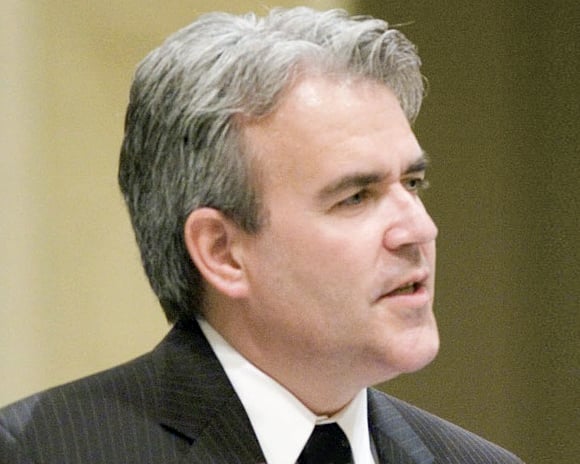Local regulators gain a little, lose a little, in their battle with the SEC over who regulates private placements
In the latest version of Sen. Christopher Dodd's bill to overhaul financial regulation, state securities regulators failed to gain the oversight of private placements and Regulation D offerings they had sought.
The North American Securities Administrators Association, which represents state and provincial agencies, “didn't get what it wanted” in the legislation, said spokesman Rex Staples.
He noted, however, that NASAA “is not completely disappointed” with the Senate Banking Committee chairman's bill, which is officially known as the Restoring American Financial Stability Act of 2010. In fact, when it comes to Reg D deals, Mr. Staples labeled Mr. Dodd's proposal an improvement. “But it's not perfect,” he added.
The Connecticut Democrat's revised legislation cedes some oversight of Reg D offerings to the states. It requires the SEC to review a Reg D offering within 120 days. If the SEC does not meet that deadline, the offering loses its coverage status and the states can therefore examine it.
Nevertheless, the offering can be once again covered by the SEC if the commission reviews it.
State securities cops, notably Denise Voigt Crawford, Texas securities commissioner and president of the NASAA, and Joseph Borg, director of the Alabama Securities Commission, have made strongly worded comments in the past six months about the lack of screening and oversight Reg D deals receive.
Last fall, NASAA proposed the full return of oversight of Reg D deals to the states. Reg D deals are now filed with the Securities and Exchange Commission. Mr. Staples also said his group wanted a “bad boy provision,” meaning that individuals convicted of certain crimes would be excluded from offering Reg D deals. The bill contains no such provision.
Indeed, it appears that Sen. Dodd was not interested in turning back the clock on the approval and oversight of Reg D deals.
When the SEC created Reg D offerings in 1982, the intention was to simplify capital raising for small-business owners. The goal was to cut some of the red tape of filing with the commission.
When Congress passed the National Securities Markets Improvement Act of 1996, however, it stripped state regulators of their power to screen Reg D offerings and private placements. Now, the state regulators want that authority back, claiming that they have better knowledge of dubious individuals who might try to sell a bogus offering.
And in fact, certain Reg D offerings and private placements have blown up recently, hurting thousands of investors.
In July, the SEC charged two firms with fraud related to large private-placement deals with an estimated value of $2.7 billion
On July 7, the SEC charged Provident Royalties LLC and a number of its related entities with operating a fraud and a Ponzi scheme in the sale of $485 million of preferred stock and limited-partnership offerings in oil and gas deals.
The deals were sold from 2006 to 2009.
About a week later, the SEC charged Medical Capital Holdings Inc. with fraud in the sale of $77 million of private securities in the form of notes.
In total, Medical Capital sold $2.2 billion in notes from 2003 to 2009.







